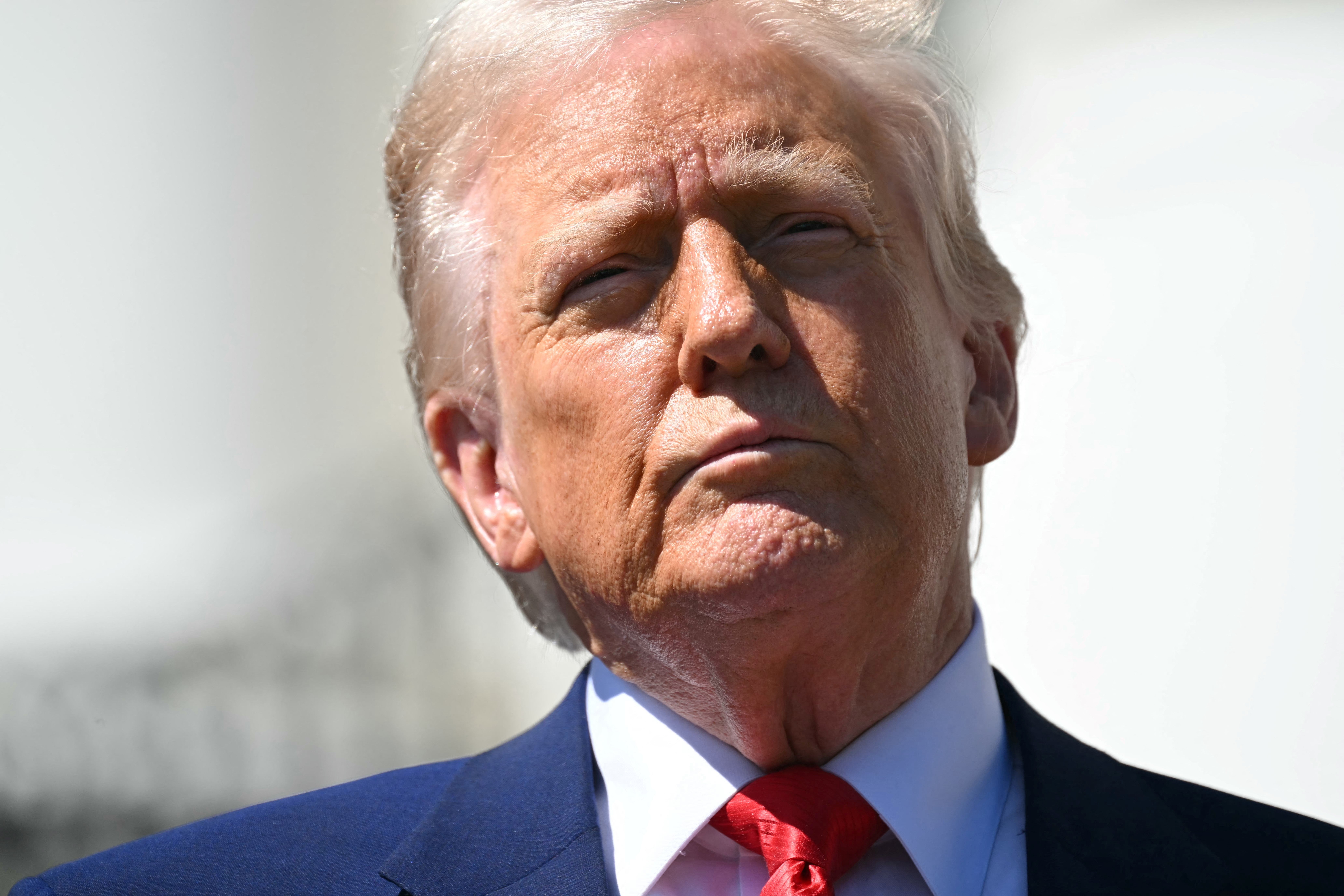General Motors, Ford and Stellantis - the big three U.S. automakers - pushed back against the Trump administration after President Donald Trump announced a trade deal with Japan that would lower tariffs on vehicles made overseas and hurt the American car companies.
Earlier this week, the president said he had signed the “largest” trade deal in history with Japan, which would include a 15 percent tariff on imported cars – significantly lower than the 25 percent tariff on other imported vehicles. Trump announced the 25 percent tariff on cars made overseas earlier this year, and many of Detroit's companies manufacture cars in Mexico and Canada, which would make them subject to the 25 percent tariff.
Higher tariffs likely mean higher costs for consumers, which could lead people to turn to the cheaper Japan-made models.
“Any deal that charges a lower tariff for Japanese imports with virtually no U.S. content than the tariff imposed on North American built vehicles with high U.S. content is a bad deal for U.S. industry and U.S. auto workers,” Matt Blunt, the head of the American Automotive Policy Council, which represents the big three Detroit auotmakers, said in a statement.
Blunt said American Automakers were still reviewing the terms of the agreement.
During the campaign, Trump visited Detroit and touted the American car industry, promising to ‘revolutionize’ it. However, shortly after taking the White House, he quickly imposed tariffs on all cars made overseas. General Motors warned just this week that it expects a $4 to $5 billion impact from Trump’s tariffs.
Auto Drive America, a group that represents U.S. operations of foreign vehicle makers, praised the Japan deal while also calling for Trump to reach similar agreements with the European Union, South Korea, Canada and Mexico.
“We share President Trump’s vision to make the U.S. the worldwide center of automotive production, and our member companies need stability in order to create an environment where we can maintain our competitive edge both in the U.S. and on the global stage,” Auto Drive America said.
While the deal with Japan will impose lower tariffs, Trump said it will also open market access to the U.S.
U.S. auto manufacturers have long struggled to infiltrate the Japanese market, in part because smaller cars that drive on the left side of the road are in much more demand – the type that the U.S. does not typically make.
Kush Desai, a spokesperson for the White House, said, “No president has taken a greater interest in restoring the American auto industry’s dominance than President Trump, and his Administration is working closely with the auto industry to achieve this goal.”
“President Trump’s trade agenda has already secured historic market access to Japan and Indonesia for Made in America cars with more America First trade deals to come,” Desai added. “The Administration’s domestic policy agenda – from rapid deregulation to the pro-growth tax cuts of The One Big Beautiful Bill – will further boost our auto industry’s competitiveness on the world stage and Make American Automakers Great Again.”
Hoping to stimulate U.S. manufacturing, the president imposed lofty automotive tariffs earlier this year.

Automakers initially raised concerns with the 25 percent tariff in addition to other levies such as those on steel and aluminum. After, Trump offered U.S. automakers some relief through a complicated discount program.
Two of the big three Detroit automakers appear to have suffered setbacks. General Motors said Tuesday its second-quarter earnings plummeted 35 percent, compared to the same quarter last year. It also reported a $1 billion loss in second-quarter profits.
Stellantis, which makes Chryslers, Jeeps, and more, said it expects to see nearly $350 million in losses in the first two quarters of the year, in part due to tariffs.
Around 60 percent of car parts are imported, even if the car is finally assembled in the U.S. Every single 2025 model car sold in the U.S. had at least 15 percent of its parts from a country outside of North America.
Trump has threatened to hike tariffs on the U.S.'s largest trading partners, Mexico and Canada, to 30 and 35 percent, respectively.







